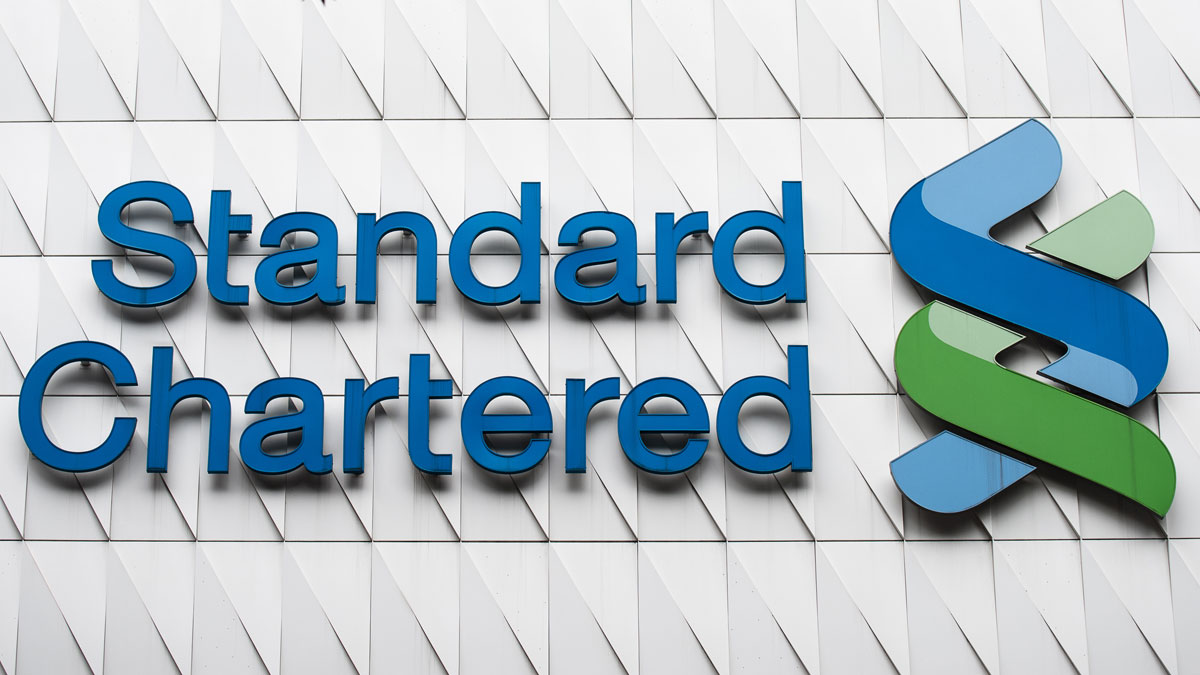Executive pay: Shareholder rebellion gathers pace
Investors in Weir, Reckitt Benckiser, Shire and Standard Chartered unhappy with bosses' pay

A free daily email with the biggest news stories of the day – and the best features from TheWeek.com
You are now subscribed
Your newsletter sign-up was successful
A shareholder rebellion against exorbitant executive pay packets seems to be gathering pace, with investors in Weir, Reckitt Benckiser, Shire and Standard Chartered all involved.
Weir Group must discuss alternative options with shareholders, says the BBC, after 72 per cent voted against a proposed pay policy at the engineering firm's AGM.
At Shire, 49 per cent of drugs firm Shire's stock owners voted against a 25 per cent pay rise for chief executive Flemming Ornskov - though, unlike in Weir's case, the vote is non-binding.
The Week
Escape your echo chamber. Get the facts behind the news, plus analysis from multiple perspectives.

Sign up for The Week's Free Newsletters
From our morning news briefing to a weekly Good News Newsletter, get the best of The Week delivered directly to your inbox.
From our morning news briefing to a weekly Good News Newsletter, get the best of The Week delivered directly to your inbox.
Institutional investors are involved in the revolt. Fund manager Hermes advised Shire shareholders to reject Ornskov's pay deal, says the BBC, while Royal London will vote against pay plans at Standard Chartered and Reckitt Benckiser.
Hans-Cristoph Hirt of Hermes said: "We do not support the increase in salary of 25 per cent for the CEO, particularly given that his overall bonus potential is more than ten times his basic salary and his total remuneration was over $21m last year.
"We believe that an incremental approach to salary rises is more appropriate and should reflect shareholder value creation over the longer term."
Earlier this month, advertising guru Sir Martin Sorrell defended his pay package, expected to be the second-largest ever paid to a FTSE 100 chief executive at £70m.
A free daily email with the biggest news stories of the day – and the best features from TheWeek.com
Sorrell insisted he was worth it, after spending decades of his life turning WPP from a tiny manufacturer into the biggest advertising and marketing company in the world.
Sorrell said: "WPP capitalised at £1m [at its start in1985]. Today it is capitalised at £21bn. I'm not a Johnny-come-lately who picked a company up and turned it round" for a big pay day.
"Over those 31 years … I have taken a significant degree of risk. [WPP] is where my wealth is. It is long effort over a long period of time."
In March, BP shareholders voted against a 20 per cent pay rise for chief exec Bob Dudley, which would have added £14m to his pay packet. It was also a non-binding vote, but Dudley said its sentiment would be respected in future deals.
Stefan Stern of think thank the High Pay Centre, said the BP vote was "remarkable". He added: "I do think there is a feeling that things have been getting out of hand. Shareholders have signed off on pay structures they didn't understand and now we're seeing buyer's remorse."
-
 The EU’s war on fast fashion
The EU’s war on fast fashionIn the Spotlight Bloc launches investigation into Shein over sale of weapons and ‘childlike’ sex dolls, alongside efforts to tax e-commerce giants and combat textile waste
-
 How to Get to Heaven from Belfast: a ‘highly entertaining ride’
How to Get to Heaven from Belfast: a ‘highly entertaining ride’The Week Recommends Mystery-comedy from the creator of Derry Girls should be ‘your new binge-watch’
-
 The 8 best TV shows of the 1960s
The 8 best TV shows of the 1960sThe standout shows of this decade take viewers from outer space to the Wild West
-
 Labour shortages: the ‘most urgent problem’ facing the UK economy right now
Labour shortages: the ‘most urgent problem’ facing the UK economy right nowSpeed Read Britain is currently in the grip of an ‘employment crisis’
-
 Will the energy war hurt Europe more than Russia?
Will the energy war hurt Europe more than Russia?Speed Read European Commission proposes a total ban on Russian oil
-
 Will Elon Musk manage to take over Twitter?
Will Elon Musk manage to take over Twitter?Speed Read The world’s richest man has launched a hostile takeover bid worth $43bn
-
 Shoppers urged not to buy into dodgy Black Friday deals
Shoppers urged not to buy into dodgy Black Friday dealsSpeed Read Consumer watchdog says better prices can be had on most of the so-called bargain offers
-
 Ryanair: readying for departure from London
Ryanair: readying for departure from LondonSpeed Read Plans to delist Ryanair from the London Stock Exchange could spell ‘another blow’ to the ‘dwindling’ London market
-
 Out of fashion: Asos ‘curse’ has struck again
Out of fashion: Asos ‘curse’ has struck againSpeed Read Share price tumbles following the departure of CEO Nick Beighton
-
 Universal Music’s blockbuster listing: don’t stop me now…
Universal Music’s blockbuster listing: don’t stop me now…Speed Read Investors are betting heavily that the ‘boom in music streaming’, which has transformed Universal’s fortunes, ‘still has a long way to go’
-
 EasyJet/Wizz: battle for air supremacy
EasyJet/Wizz: battle for air supremacySpeed Read ‘Wizz’s cheeky takeover bid will have come as a blow to the corporate ego’